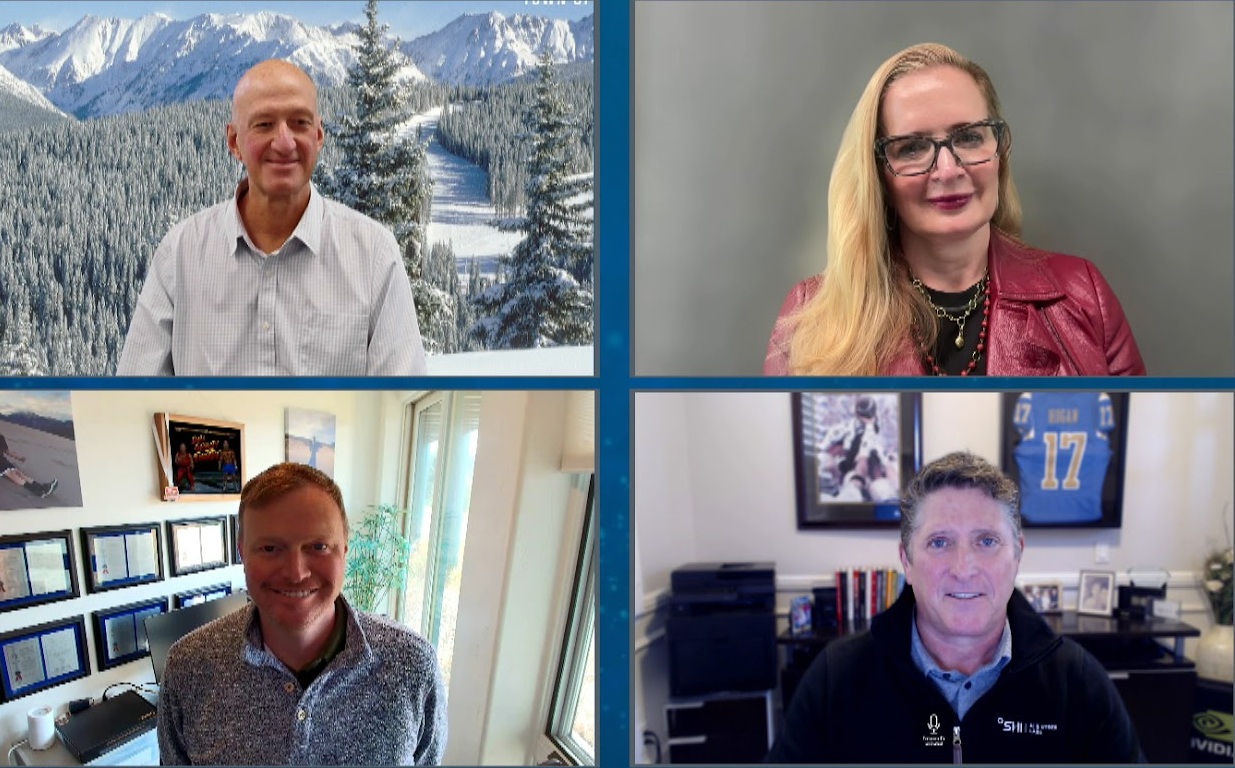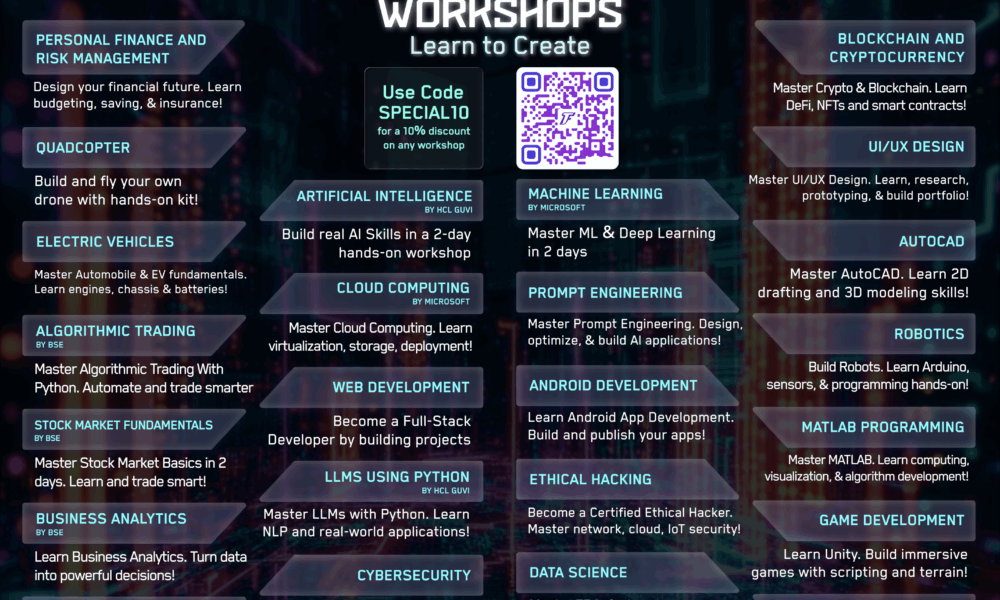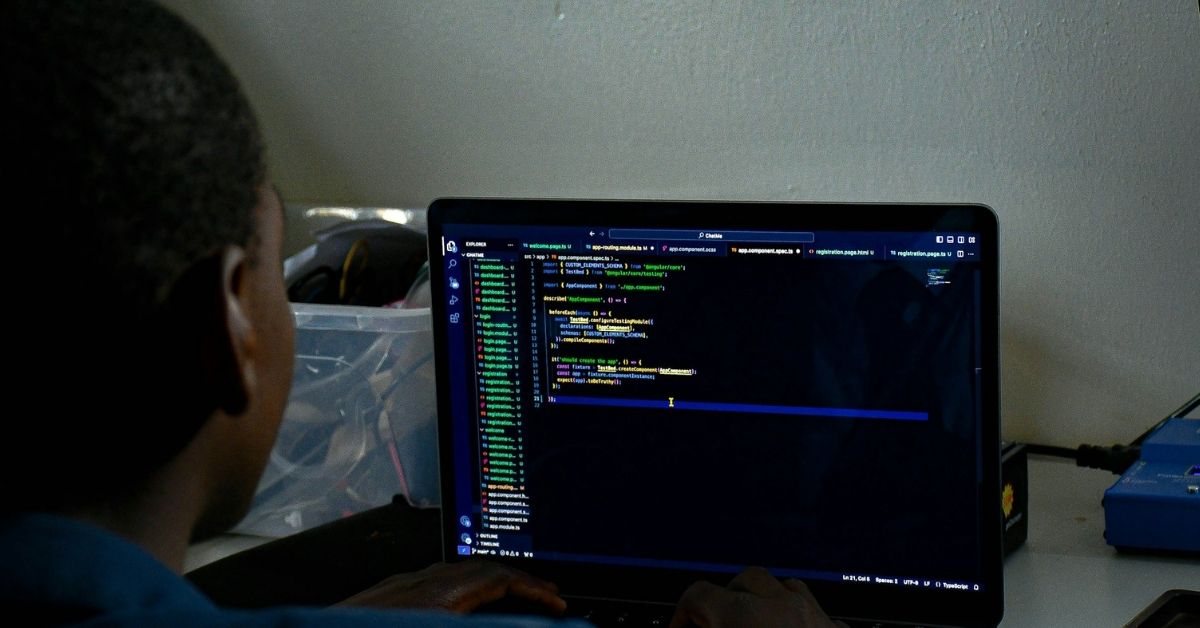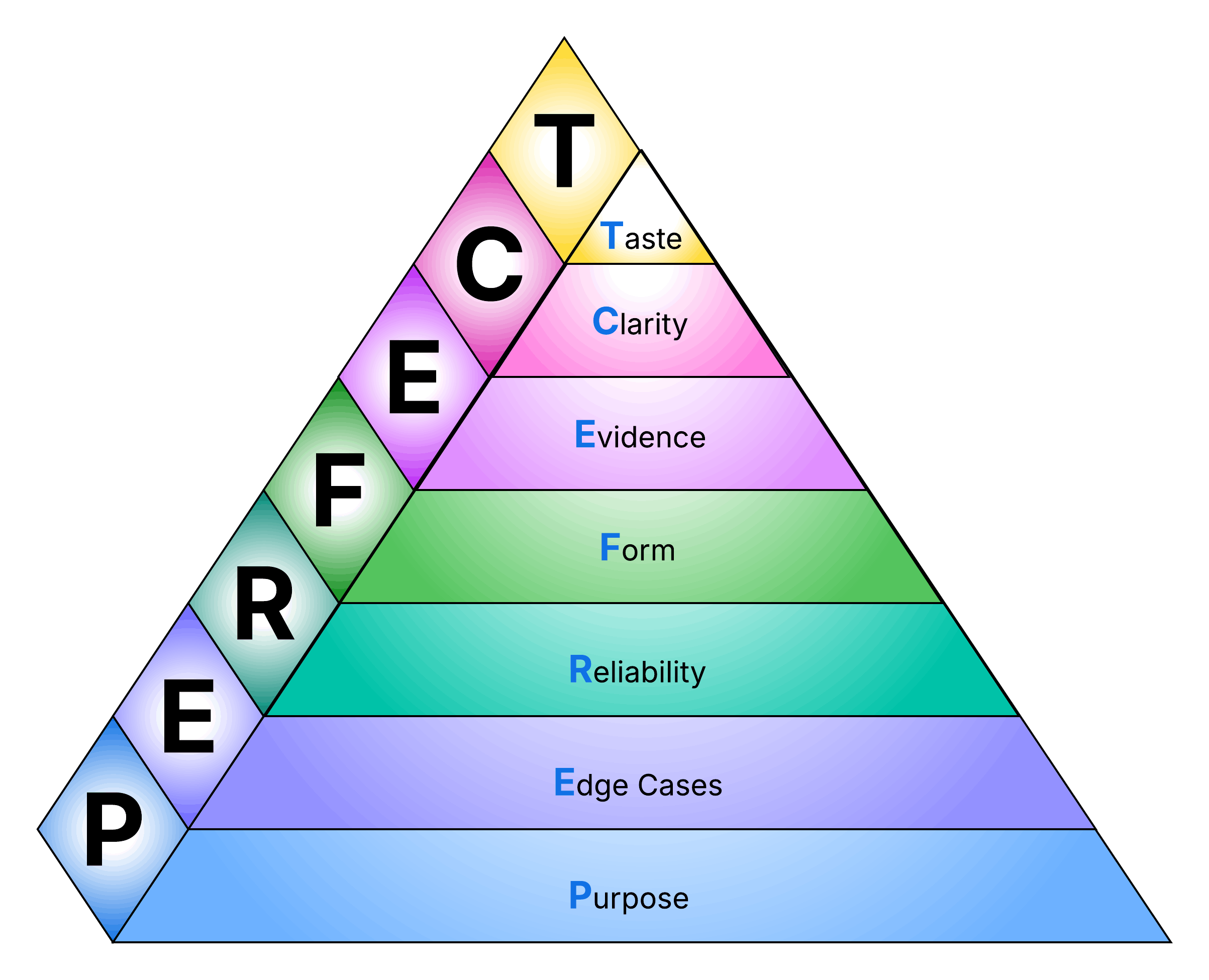David Olubaji’s tech career began in a cybercafé where he sold internet tickets after school. Today, he’s a senior software engineer who’s worked on some of the biggest apps in the world. But most people know him as Blak Dave, the DJ and music producer. What connects both lives? An obsession with getting every single detail right.
A typical weekend might swing from playing at Sunday Service, a Sunday midnight rave, to a 9.00 a.m. standup call with his US-based engineering team.
“My friends always ask me like, ‘Are you sure you rest? Are you sure you are good?’” He says, laughing. “I don’t even feel it because it’s like a regular life for me.”
But there’s nothing regular about how Olubaji approaches his work, whether he’s writing code or producing music. His secret? An almost painful attention to detail that he learned the hard way.
The cybercafe kid
Olubaji’s tech journey started in 2009 in Surulere, Lagos. He was a secondary school student living in a compound that housed a cybercafé. At first, the owner chased him and the other kids away. Then one day, he asked Olubaji to help sell internet tickets.
“I used to just like, you know, play around with the computer back then,” Olubaji remembers. “It was just, like, Facebook.” But because he was always on the computer, he became incredibly fast at typing. The cybercafe owner started giving him typing jobs, and he began earning “small small money.”
When Olubaji finished secondary school the following year, he missed his JAMB registration because he was too caught up with the cybercafé. “I missed that year,” he says. “So I was just there for one whole year doing nothing.”
His father noticed. One day, while riding public transport, his dad saw a flyer for NIIT (National Institute of Information Technology) offering web design classes using Dreamweaver and Adobe Flash. There was a scholarship exam. If Olubaji could pass it, he’d get a huge discount.
“The catch was obviously it was a very expensive course,” he explains. Even with the scholarship discount, the money was still a lot to pay. But his father borrowed the money anyway.
“This was a luxury to us at the time, you know,” Olubaji says. “It had no potential. It didn’t just make any sense to spend that much money on it at that time.”
But his father was convinced. And Olubaji loved it.
The 40k website that changed everything
After his NIIT classes, Olubaji continued practicing at the cybercafé and eventually got a part-time job building WordPress sites while studying Computer Science at Yabatech. He was earning ₦40,000 per month.
Then one day, he created an Instagram ad: “Build websites for 40k.”
“I was really good with designs at that time,” he says. “So I would just create random designs myself, put on IG, and do adverts.”
One client saw his ads. She wanted a website. Olubaji agreed to meet. But when he arrived at the office, it wasn’t the woman who met him; it was her husband.
The man pulled out a drawing board and started sketching an elaborate website. Olubaji tried to explain: “Excuse me, sir, this is what I discussed with Madam. I have the way I build these things ready to go, you know, and 40k.”
The man said no. He wanted something complex. “I like challenges, doing hard things,” Olubaji recalls. “I like the way the guy was arranging it. It looked interesting. It was just too much work for that 40k.”
But Olubaji did it anyway. When he returned for the review session, the man asked: “How did you do this?”
“I was like, ‘Ah, this is what I do,’” Olubaji remembers. Then came the question that would change his life: “Where do you work?”
When Olubaji mentioned his part-time job, the man said, “Why don’t you come work for me?”
David hesitated. He already had a job paying 40k. But when the man asked how much he was earning, David lied. “I said 75k.”
“The guy was like, ‘I’ll pay you 75k. On top of that, I’ll give you lunch and breakfast.’”
David accepted immediately. The man’s name was Udoka Uzoka, and his company was Intellia. “That’s when I started seeing that there’s actual money in tech,” David says. “I was earning 75k, and someone there was earning 1 million per month.”
Meeting Mr. Perfect
At Intellia, Olubaji met Richard Ekwonye, a front-end engineer who would become his mentor. Ekwonye’s standards were brutal. If Olubaji’s code was off by even a single pixel, he would catch it. “He was very strict, and I feel blessed that the guy trained me because I became like that. I became obsessed with perfection.”
This wasn’t just about aesthetics. Ekwonye taught him that as a front-end engineer, “obsessed with perfection” meant “your work would just be clean and perfect.”
“I learned how to write front-end code the right way under that guy,” Olubaji says. Ekwonye is now at Stripe, and Olubaji calls him “one of the best front-end engineers in Nigeria.”
At Intellia, they didn’t use shortcuts. “We didn’t use libraries, you know. We built everything ourselves – animations, everything from scratch,” Olubaji explains. “I had a component folder that I just started transferring to new projects because buttons, inputs, I had written down with their styling.”
This approach might sound slow, but it had the opposite effect. “I learned the art of building things from scratch, right? And that helped me as I moved across other companies.”
“I learned the art of building things from scratch, right? And that helped me as I moved across other companies.”
From Intelia to the world
Olubaji moved to Andela in 2020, hoping for the opportunity to build worldwide products. He did. Andela gave him the pathway to work for the British corporation, ITV, where he helped build the main web app for a year.
From Andela, he moved to Okra, where they pivoted to build Nebula, a cloud infrastructure product. “I built Nebula—the entire dashboard—in less than six weeks. Only me,” he says.
His perfectionist training made him fast, not slow. Because his foundations were solid, he could move quickly without cutting corners.
When Okra shut down, Olubaji’s reputation brought opportunities. A Nigerian founder in the U.S. reached out to hire him for a project using Flutter and Go—technologies he had never used.
He failed the first technical interview. Then the second. Then the third. He was fed up, and asked them to “just give me something to do.” So he got his hands on their design and built what they needed in less than a day.
“The thing that these guys that I failed interviews with were trying to build for over two, three weeks, I built the entire thing in less than a day.”
They hired him immediately.
The perfectionist’s philosophy
Olubaji’s perfectionism isn’t about ego. It’s about standards. When he talks about other developers, his frustration is clear: “I don’t understand developers who don’t replicate what they have on the design. The specs are there. Why can’t you just do that same thing on your app?”
He’s especially firm about pixel-perfect implementation. “There’s no reason why the design should have one pixel, and you’re putting two pixels or three pixels. If the color on the design says red, use red.”
This might sound rigid, but Olubaji sees it as respect; for the designer, for the user, for the craft itself.
Currently, he works as what he calls a “foot soldier” for a US-based company. “Tell me what you want to do, I’ll do it for you,” he says. “Don’t push me into management.”
They tried to promote him to a leadership role at Okra once. He said no. “I don’t want to be pursuing someone and saying, ‘Oh, where’s your work? What have you done? What have you not done?’I just want to write code.”
Instead, he focuses on the invisible infrastructure that makes good engineering possible: “I’m building a component library that the entire company can use. Imagine trying to build a new product, and you have to build a component every time from scratch.”
Where code meets music
Olubaji’s perfectionism doesn’t stop at code. It shapes everything he does, including his music career as Blak Dave.
“With coding, I use patterns a lot,” he explains. “Engineering is like patterns. There’s a pattern to it, there’s structure. If you follow a formula, it is not going to fail you ever.”
When he DJs, he applies the same thinking. “With DJing, I DJ in patterns. Music has patterns—there are beats, four beats in a bar. There’s that pattern you have to follow. So when I’m DJing, I follow that. I don’t rush. I count in fours and in eighths and in 16s and in 32s.”
There’s even a production trick he’s learned: “Every eight bars, add something or remove something or change something. It makes it interesting.”
He doesn’t rehearse his DJ sets. “When I come to play as Blak Dave, I play what I play. I’m freestyling for you guys. I’m learning on the job, basically.” But he can do this because his foundations – musical training since childhood, obsessive listening, understanding patterns – are rock solid.
“Before I start playing, my head is already telling me the first four songs to play. And as I’m playing one, a new song just comes to my head,” he says.
The perfectionist approach even extends to his design work. After years of working with designers, he taught himself Figma so he could design his own projects. “I’ve always had a high eye for design. As a front-end engineer, I think that trains you.”
“Engineering is like patterns. There’s a pattern to it, there’s structure. If you follow a formula, it is not going to fail you ever. With DJing, I DJ in patterns. Music has patterns—there are beats, four beats in a bar.”
The foundation gospel
Olubaji is evangelical about fundamentals. When aspiring developers ask for advice, his answer is simple: “Go learn how to write code first, properly.”
He’s frustrated by developers who jump straight to frameworks. “Learn JavaScript, learn TypeScript, learn CSS. Learn how to write code from scratch.”
This isn’t gatekeeping. It’s learned wisdom. “For people like us that started from scratch, that went through all the steps, that have our foundations right, AI is actually a blessing, not a curse,” he explains. ‘It just improves our workflow and makes us deliver faster and better.”
He uses AI tools regularly, but the tools work for him because he knows when their output is right or wrong. “We are the ones who build it. Engineers built AI to make jobs better, faster.”
Without foundations, AI becomes a crutch. With foundations, it becomes a superpower.
“Foundation is critical,” Olubaji emphasises. “When you get to the part where you just relax, it helps create a system, creates a step for you that just works like autopilot.”
The long game
Olubaji’s tech career is largely invisible to the public. “People don’t even know I’m a software engineer,” he says. “I still write code right now. I still do standups. I’m going to do a standup at 3:30 today.”
While Lagos knows him as Blak Dave the DJ, his tech work pays for everything. “Tech is what has been powering my life because obviously the money is really good, and all the things that I like to do are very expensive,” he admits, laughing.
He’s earned this autonomy through years of proving himself. “There was a time when I was working 24 hours a day. My boss at the time would call me Sunday night or Sunday afternoon: ‘How far? I have not seen this code.’ On a Sunday night when I’m supposed to be chilling. I would go and push the code. I would not talk, I would not complain. I’ve done all those things.”
Now, he’s at a point where “people want me for my value. They know what I can do for them, and I do it for them. So they don’t stress me. When they give me the task, I do it in my own time and I deliver.”
For Olubaji, that’s not just about code. It’s about craft. It’s about respect. It’s about building things that last.
Whether he’s writing React components at 3 p.m. or mixing house music at 3 a.m., the same principle applies: do it right, or don’t do it at all.
David Olubaji might be known as Blak Dave on Lagos dance floors. But in the tech world, among those who know, he’s the guy who gets every pixel right. And in an industry full of shortcuts, that’s becoming increasingly rare, and valuable.
“Foundation is critical. When you get to the part where you just relax, it helps create a system, creates a step for you that just works like autopilot.”










